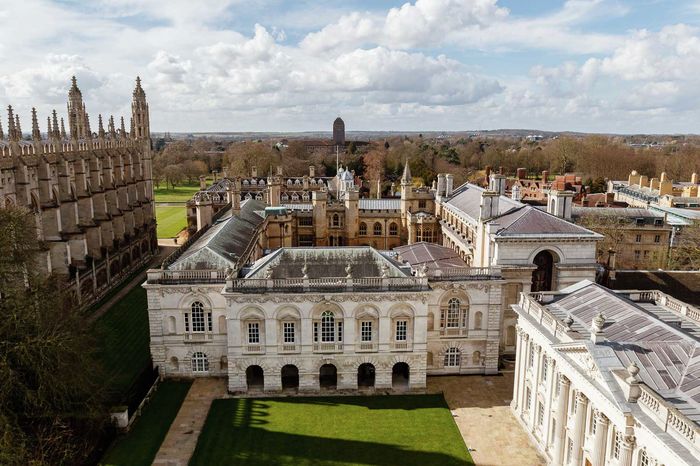Cambridge announces STEM admissions shakeup
The majority of STEM subjects will affected by changes to the 2024/5 admissions cycle

Cambridge is set to overhaul STEM admissions tests in collaboration with Imperial College, London, entailing e a hike in entry fees for certain applicants.
The two universities announced last week that prospective undergraduates for most STEM courses will be required to take new types of admissions tests for the 2024/25 cycle.
Cambridge and Imperial are set to write the new tests in partnership with assessment service firm Pearson VUE, replacing Cambridge Assessment Admissions Testing (CAAT) after it effectively ceased operations at the end of 2023.
CAAT first announced the changes in November 2022, citing the current tests are “operationally unsustainable” due to their “significant complexity” and the goal of delivering tests which are affordable to students and higher education institutions.
The new computer-based tests will be taken at Pearson VUE test centres, with Mike Nicholas, Director of Recruitment, Admissions and Participation at Cambridge explaining this takes the “burden off teachers and schools” to act as test centres.
The changes concern applicants for Medicine, who will be required to take the University Clinical Aptitude Test (UCAT) instead of the BioMedical Admissions Test (BMAT).
The new format consists of a 2-hour series of multiple choice questions split into 5 categories, removing the 30-minute essay response from the BMAT.
Applicants for Engineering, Natural Sciences, Chemical Engineering and Biotechnology, and Veterinary Medicine will also sit the joint Engineering and Science Admissions Test (ESAT) rather than the Natural Sciences Admissions Assessment (NSAA) and the Engineering Admissions Assessment (ENGAA).
The format is set to change from two 60-minute sections to three 40-minute multiple choice sections.
The ESAT will also introduce new entry fees, with domestic applicants having to pay £75 while the cost for international applicants is £130. Previously, Cambridge did not charge applicants to enter the ENGAA and NSAA.
Nicholas has defended the new fees, stating that: “It is important that cost is not a barrier to participation, and the model we are using for the fee waivers has been successfully used for other admissions tests supported by Pearson.”
The fee waivers will be available for UK-based applicants eligible for free school meals.
 News / Cambridge students set up encampment calling for Israel divestment6 May 2024
News / Cambridge students set up encampment calling for Israel divestment6 May 2024 News / Cambridge postgrad re-elected as City councillor4 May 2024
News / Cambridge postgrad re-elected as City councillor4 May 2024 News / Some supervisors’ effective pay rate £3 below living wage, new report finds5 May 2024
News / Some supervisors’ effective pay rate £3 below living wage, new report finds5 May 2024 News / Gender attainment gap to be excluded from Cambridge access report3 May 2024
News / Gender attainment gap to be excluded from Cambridge access report3 May 2024 News / Academics call for Cambridge to drop investigation into ‘race realist’ fellow2 May 2024
News / Academics call for Cambridge to drop investigation into ‘race realist’ fellow2 May 2024






